When Ash Barty lost a match, her response was ‘we will learn from this.’ She paid attention to the outcome, but didn’t fixate on them. Rather, she had a growth mindset that allowed her to focus on the things she could control and keep perspective about what the outcome really means. As clinicians, monitoring outcomes can feel disheartening when progress is slow or travelling in the wrong direction, but a growth mindset will allow us to remain open and curious about what we can learn or what we need to adjust. This is the essence of reflective practice and vital for our work.
Balance is not standing in tree pose
What the Four Corner’s report on St Kevin’s has taught us about recruitment
One of the most concerning aspects of the Four Corners report was the willingness of the school personnel to provide character references for a teacher that had not only breached the Code of Conduct but engaged in criminal conduct also. If the teacher had not been charged with a criminal offence, it is possible he would have applied for work in another school with positive references from his last employer.
So if you are recruiting staff for your school or service, how could you possibly screen out this inappropriate candidate?
5 Great Interview Questions for Hiring in Child and Youth Organisations
Asking the right interview questions is crucial to screening. While an interview rarely reflects job performance, you can tap into critical attitudes and skills that will be needed to perform well … and if that job involves working with children and young people - the most important role is keeping children safe.
February Newsletter
In this newsletter we are bringing you the conversation no one wants to be having, but one we NEED to have if we are going to make keeping children safe everyone's business. Child Safe Disaster Recovery - What does it really mean? We also have a great article to help you feel inspired for the new year about how you can change the culture of an organisation even if you're the only one beating the drum.
How going to the beach can help us understand principles of Child Safe culture
Beach safety is the perfect analogy for understanding Child Safe Organisations. For children, relationships with adults are much like the ocean. Mostly, the relationships are positive and fun, but some adults use their strength and power to hurt. Child Safe Organisations are about using prevention strategies to keep children as safe as possible when interacting with adults, while ensuring they can still enjoy quality, meaningful relationships.





